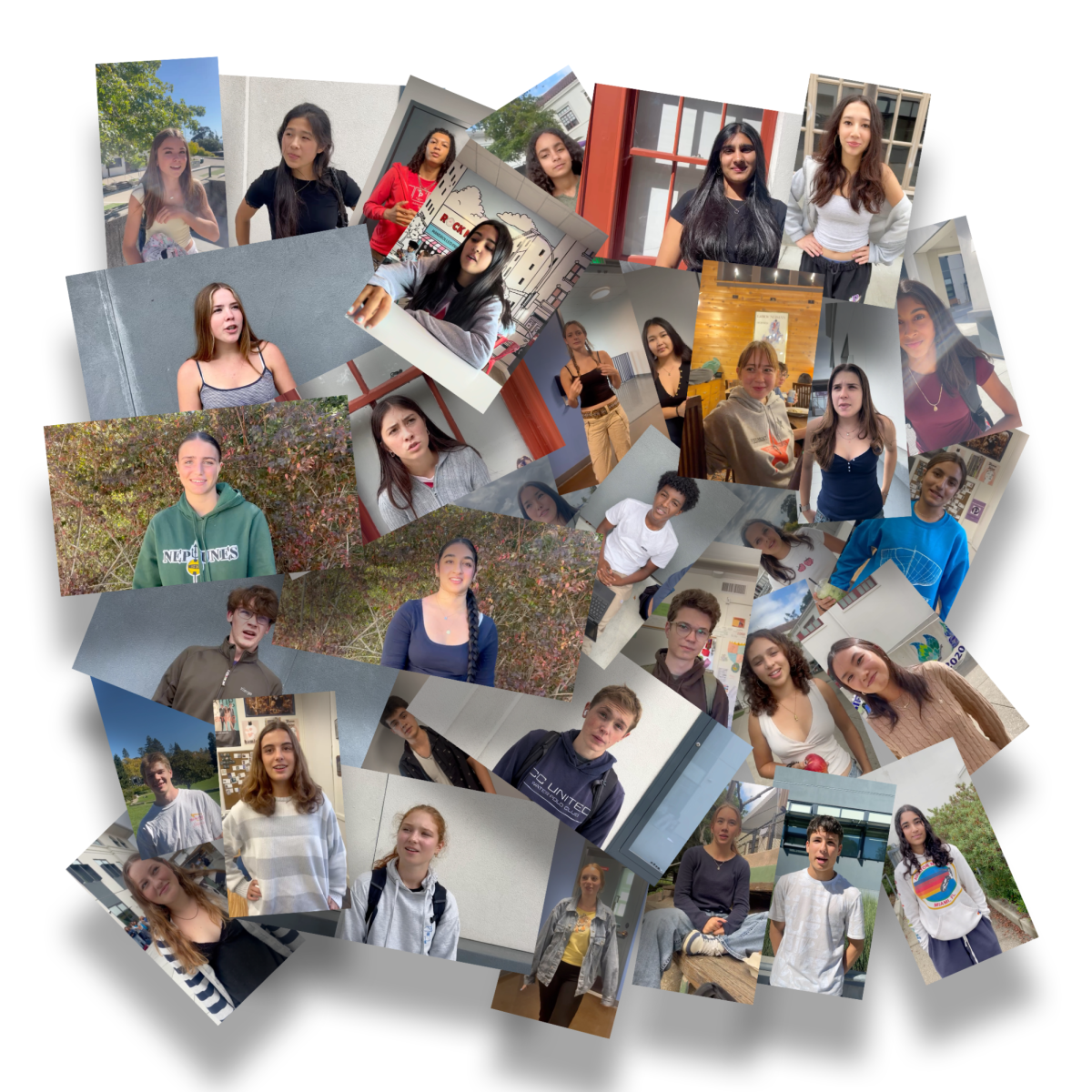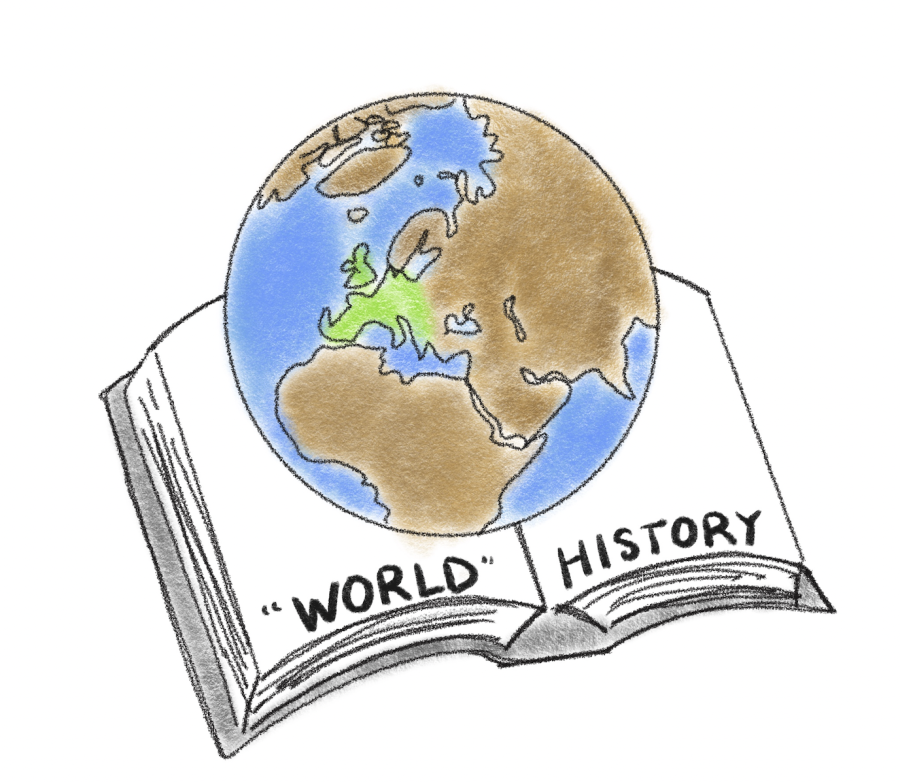The Danger Of Eurocentrism In World History
Apr 1, 2023
Two pages. That was all we learned of the Taino people’s enslavement, starvation, and disease ridden torment. In two pages, we read all that our Modern World History class had to offer about the near extinction of an ancient culture. Not one sentence described how the Taino society flourished before the Spaniards set foot on Haiti. We learned only that a culture was destroyed, but not what was lost in the destruction.
Simply comprehending how European colonization worked is not enough for students to grasp the adversity that colonized subjects faced. Instead, learning about their cultures and philosophies would put into perspective how their values were forcefully shifted, and lives were destroyed when western powers began to expand.
Piedmont’s recent efforts to improve the curriculum have not gone unnoticed, and incorporating more diverse subject matter while trying to maintain the state’s 10th grade history requirements is no easy task. While learning European history is a necessity because of how prevalent it is to modern Western culture, the nearly complete exclusion of marginalized perspectives creates a false narrative that history is best told from a eurocentric point of view.
The more diverse material that has been recently added to the curriculum lacks depth and time in comparison to the detailed documentation of European history.
More inclusive content such as the rejection of Japan’s Racial Equality Act during the Treaty of Versailles was introduced, however the necessary class time and information to comprehend the blatantly condoned racism on an international stage did not take place. Similarly, at the end of the Imperialism unit, students were given the option to research the colonization of India or China. The opportunity to learn about both never arose, although they were equally important.
The addition of these short spurts of non-European material show that the social studies department has acknowledged the one dimensional history curriculum the state provides. It is clear that California state requirements are the root of the problem and leave little room for much else. But because the attempts to be more inclusive consistently fall short.
The shortcomings of the curriculum deprive students the opportunity to learn the richness and complexities of cultures that stretch further than just Europe.
These flaws rob students of their right to form opinions based on a broader world view. And also promotes misunderstandings and discrimination by diminishing the value of history outside of Europe. Instilling in marginalized students that their stories have no worth in the trajectory of history enforces ideas of white superiority.
Having a diverse knowledge of history is more important than ever in the current political climate and in a world of false information in the media where having historical knowledge is critical to understanding world events, such as the relationship between the US and China. On a local scale, the ignorance that stems from a one dimensional perception of history can result in the use of stereotypes and slurs, thereby alienating minority groups.
The inclusion of more in depth, diverse material in Modern World History is essential to giving students a deeper understanding of cultures, ideas, and philosophies outside of the western worldview. Without change, students won’t be able to recognize each other’s differences without falling back on the never ending cycle of assumptions and stereotypes.






























